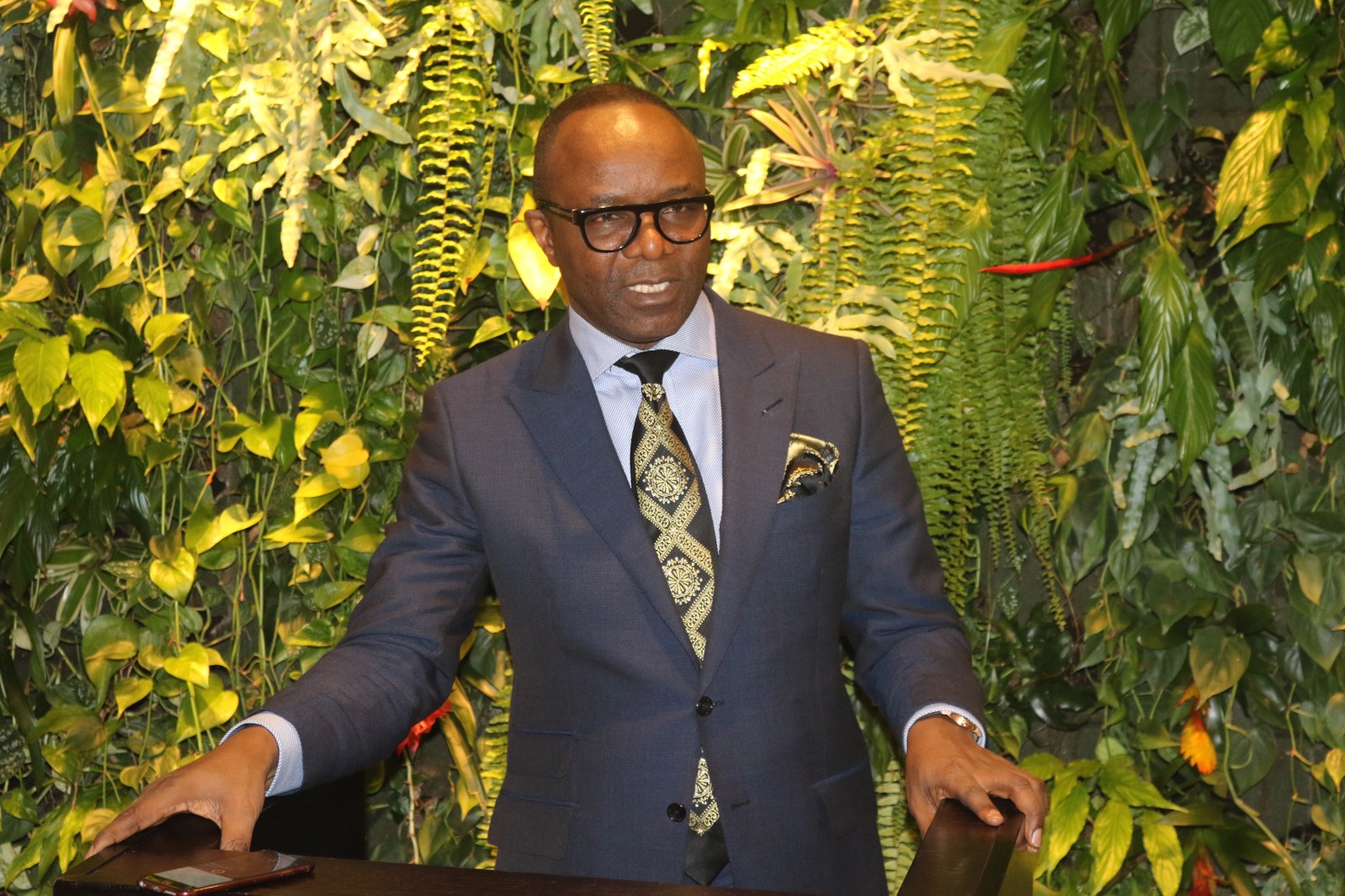After the Organisation of Petroleum Exporting Countries, OPEC, reached its first deal in eight years, oil prices have been on the increase but they remain short of Nigeria’s healthy price range.
Brent crude, the global benchmark for oil, had climbed to $50.47, as of Thursday, December 1, 2016, with West Texas Intermediate, WTI, was trading at $49.81 per barrel.
Ibe Kachikwu, minister of state for petroleum resources, said on the sidelines of the meeting in Vienna that the healthy price of crude for Nigeria would be in the mid-$50s.
Dr. Kachikwu said for Nigeria, a healthy oil price would be mid-50s: 54, 55, 56.
“I mean, if we have a Santa Claus day, then 60. But frankly, looking more to mid-50s.”
The minister and former NNPC boss went on to express his worries about a surge of Shale oil production.
“If the prices are high, the incentive for shale production to begin to clobber back is also high. I think we are at a point where we have modestly been able to set a cap on a production but not excessively,” he told Bloomberg.
“Apart from the OPEC cut, I am worried that when we make a cut and get the normal price there is the possibilty of shale production limping up again.So how do we converge everyone producing oil?
“I believe that until we get Russia, US producers and some understanding with the consumers, we might not get a solution.”
Speaking on the recently launched seven big wins, Kachikwu said “Niger Delta militants will be the biggest challenge of the 7 Big wins programme, others are within our reach because you can’t get a handle of it till it resolved.
“We have made progress, productions are up to 1.95 mb from the lows of 1.4. Militancy attacks are less with an average of one every month compared to five or six per week.
“We still have sporadic attacks, which means that we still have not sufficiently provided what we need.”







